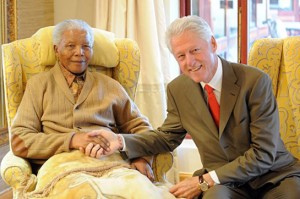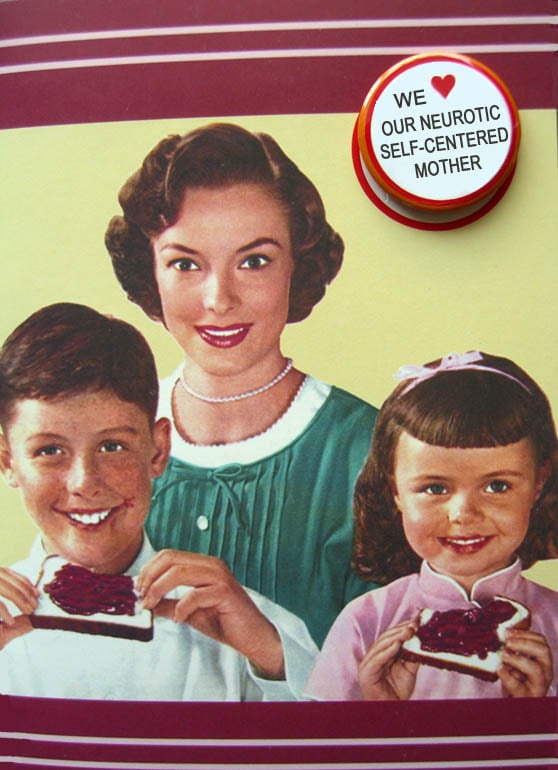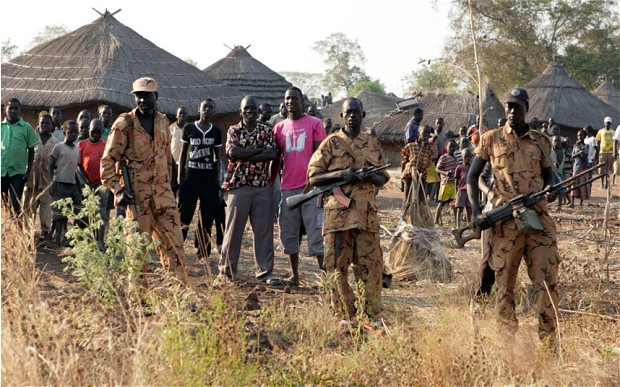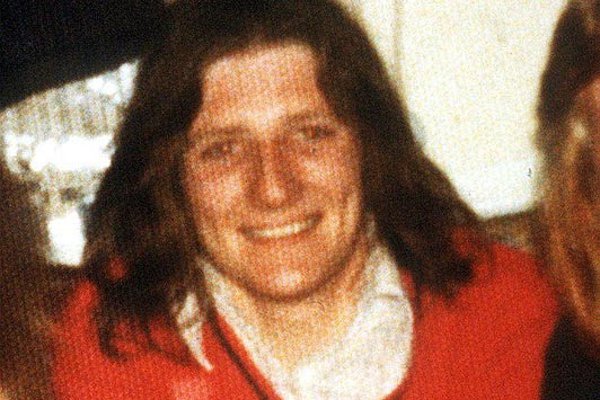
Today is Nelson Mandela’s birthday. The 94-year-old is celebrating with family but all around Africa, and indeed, places beyond, people are celebrating the man who has modeled reconciliation.
My friend Captain David Moses told me that it was Mandela’s life-story that moved him beyond the anger he harbored from being tortured as a young boy after he was taken hostage by rebel forces in the Sudan. Mandela’s life ministered to him in that Hebrews 11 way — a great cloud of witnesses.
Mandela set the example for Capt. Moses.
Makes me wonder, who, if anyone, am I setting the example for.
During a recent interview about A Silence of Mockingbirds, the interviewer asked me the question, did I think I was “fated” to write Karly’s story?
No one had ever asked me that question, and it’s a very important one.
I’d thought about the issue of fate this past weekend while visiting with a girlfriend in Georgia. I was braiding her teen daughter’s long blond hair and talking of summers passed.
“You know I prayed your mother would get pregnant with you, don’t you?” I said to the young girl.
“You did?”
“I did.”
“I had forgotten that,” my girlfriend chimed in.
“It was the summer we were house-sitting for you while you were out West.”
“That’s right.”
She had gotten pregnant on that trip, and that pregnancy resulted in beautiful blond girl whose hair I was weaving strand by strand. A very real and tangible answer to prayer.
I began praying that prayer because my girlfriend had lost her only child — a son– to suicide. He was 14. We shared the same birthday, he and I did. He would be 30 now had he lived, the same age of my own twin daughters.
My girlfriend’s teen daughter is so vibrant, so beautiful, so joyful, it is difficult to imagine a world without her. But not on any level do I believe that suicide was the fate of the brother she never met.
And by the same token, I don’t believe that Karly’s death was her intended fate.
It was the result of choice. Mockingbird speaks to the multitude of wrong-headed choices that resulted in Karly’s death.
What I told that interviewer is that I think when we speak of fate what we are really searching for is an excuse.
If I can say that it was my fate to write Karly’s story, then I am suggesting that Karly’s death wasn’t preventable. And it clearly was .. Read the book and see for yourself.
An audience member at a bookstore event where I spoke about the ways in which Karly’s death was preventable told me, Listen, you aren’t going to change anything. People have been abusing children throughout history. That’s never going to change.
He was, of course, suggesting it’s the fate of humanity to be cruel to one another.
Speaking about the cruelty he suffered at the hands of others, Nelson Mandela noted, “For to be free is not merely to cast off one’s chains, but to live in a way that respects and enhances the freedom of others.”
In other words, we are responsible.
If children are being abused, it is not okay to sit back and say, Ah, Lawd, it has always been so. It’s the fate of mankind.
On the heels of her recent trip to Haiti, Ann Voskamp came away feeling angry, as well she should. Injustice should always anger us, and stir us into action.
It is not enough, as Mandela so rightly noted, to be free ourselves. We must be about the business of setting others free.
When I look at my girlfriend’s daughter, I do not see fate, I see the answer to prayer. A prayer that God would take what was intended for evil and turn it to good.
The way he did with Mandela.
The way he has done with Captain Moses.
The way he has done for Karly’s father.
They way he is doing with the story I wasn’t fated to write, but choose to write in hopes of setting other children free from the hands of their torturers.
We serve a God who contends for us.
A God who does not sit by idly as we suffer, shrugging his shoulders and saying, Ah, it is your fate, dear one.
He’s hoping that we humans will realize that we have the power to intervene on behalf of others and change an impending fate.
As Ann Voskamp so rightly noted: You can’t look into the face of the poor and just plead the fifth amendment. Your life is always your answer.
What is your life saying to the neglected and abused?
What is your life saying to the depressed?
What is your life saying to the captive?











